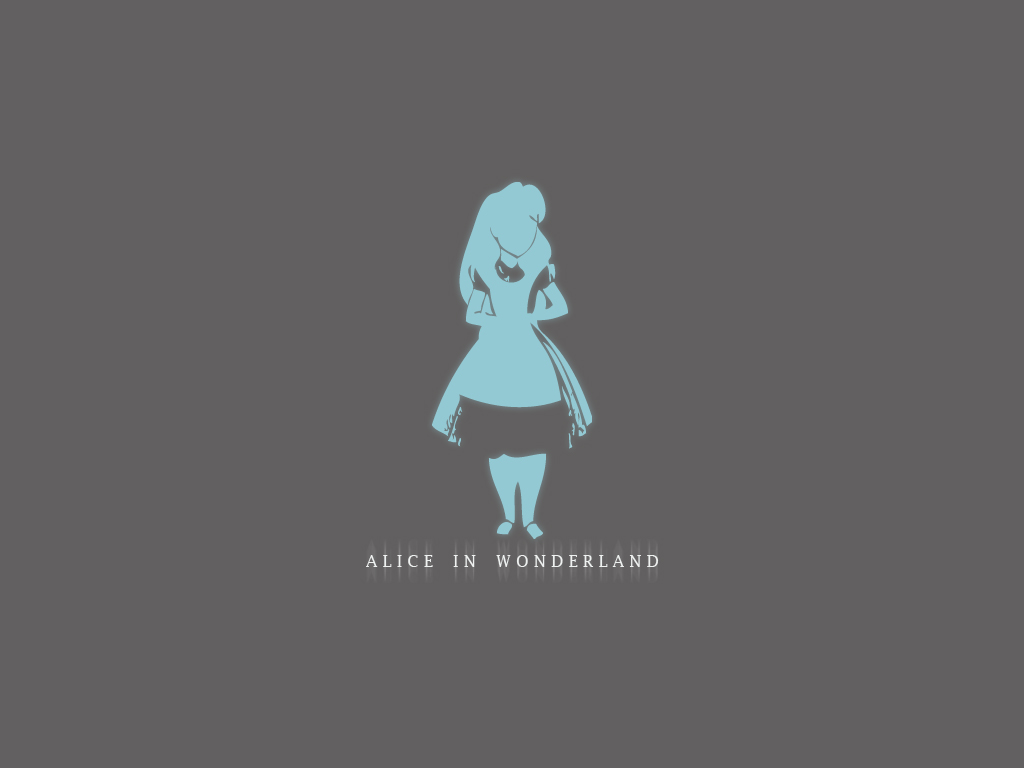I was just a foreigner.
Walking through the sandy streets of Silwan
– the most deprived area in East Jerusalem. It belonged to the Jews. Men with
kippers raised their heads to glance at me; their eyes unwelcoming.
“For Jews, Jerusalem is essential to
everything.” That was my Jewish tour guide speaking. David was his name. He
spoke with an Austrian accent, hinting on the history of his whereabouts. What
about the Arabs, I had asked him. It’s their holy land too. Daniel spoke with a
slight hint of disgust and the hatred he held for the Arabs was instantly
obvious.
“This is the Jewish homeland. It means
nothing to the Arabs.” His nose scrunched up as to show his disgust of them. We
continued to stroll through these battered streets; these uninviting people;
this ‘holy land’. I was taken to Daniels house. It was still under construction
yet the architecture itself was easy to notice: sturdy pillars supported this
large two-story house. It looked like a building from a Hollywood movie. I
noticed the two dark skinned builders. I noticed their dialect – they were
Arabs. Daniel read my face and answered my unspoken question.
“Most builders here are Arabs. It’s nothing
unusual.” So they’re building themselves out of existence, I asked him.
“They are building houses for the Jews. We
want to repopulate the Jewish community so yes, they are doing exactly that.”
There was no remorse in his voice. I quizzed him again. But this land is holy
to the Arabs as well, I argued. I was brushed off with an idiom in a foreign
language. ‘Hamevine yavin’ he said.
“You won’t understand,” he repeated to me.
Now more than ever, I felt separated from these people, this country, this air.
Of course, I wouldn’t understand. I was just a foreigner.
He patrolled the old town. The town in the
West, belonging to the Arabs. They didn’t like him. They didn’t want him here.
Countless stones were thrown at him. He received taunts from the children –
words you would never imagine from a youngsters mouth. But he was solid; a
statue; a soldier. A foreigner approached him and questioned him about his job.
“How often are you in this town?” the
foreigner asked. The Arab kids had quieted down and were listening to the
conversation. Every Friday, the soldier replied. His mind flashed back to the
previous Friday. Arabs exiting the mosque after Jummah prayer; he could recall
the sounds of cans of tear gas rolling and his futile efforts to enforce order.
“Do you know these people really well?” his
memories were interrupted by the foreigner. We know them, they know us, replied
the soldier. He looked around at the Arab people: the mean kids, the bitter
elders. He knows them very well, he though to himself. Very well indeed.
They called me an ‘Ajnabi’. It was Arabic
for foreigner. After my talk with Daniel, I had decided to cross into the West bank
–the Arab bank. While passing through the security barrier, I encountered the Israeli
Police force. I had been told by a Jewish boy that Israel was a very
‘democratic’ country. In my mind, it was the complete opposite. Voting rights
had even taken from the Arabs and the country’s police force and justice system
were, well… unjust. As I drove into the West bank, large rocks were thrown at
the army vehicle I was travelling in. I was given a bulletproof vest to wear.
When I stepped out of the truck, I was informed that a riot had broken out.
Things were tense, quiet, suspiciously uneventful. After a few stones that were
pelted at the soldiers and inevitably returned as tear gas, I ran into a young
Muslim man. He was about twenty or so with a red face – probably from the heat
and the excessive shouting. I asked him how he felt about this ‘crusade’, in a
sense, over the ‘holy land’.
“How would you feel if the Israelis come
and they take your house from you and they hurt your family. How you would feel,
huh?” He rambled on with broken English. This man was obviously angered. I felt
sympathetic towards him. More than the Jews. Before I departed with him, I
inquired about the soldiers and how he felt towards them. There was sadness in
his voice, pain in his eyes. So different from the Jews who carried this
extreme look and aura about them. The Arab started to explain, but held back.
“Ajnabi, you simply wouldn’t understand”
His accent coated his words yet still jogged me memory. I was a white
Englishman; An Atheist; A foreigner. That was it. I was just a foreigner.


